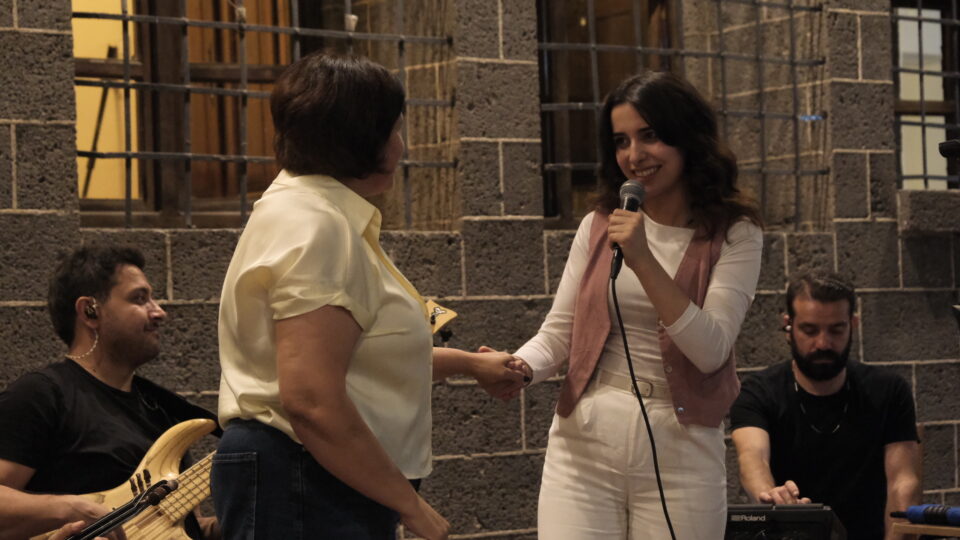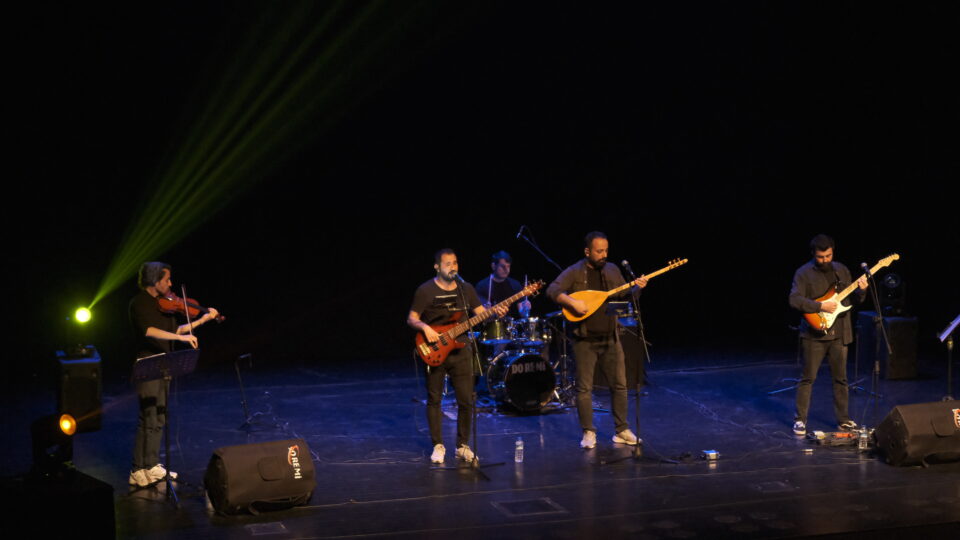
Melayê Cizîrî’s Divan: A Journey of Love and Philosophy
22.04.2025
Bajar: The Euphrates’ waters mixed with the Marmara
22.04.2025Xêro Abbas was born in Qamishlo, Syria in 1962. Abbas, who became interested in music at a young age, immigrated to Germany in 1986 due to the Syrian state’s oppression of the Kurds. This forced migration deeply affected both his personal life and his artistic journey.
A musical journey that began in Germany
Continuing his musical education and production in Germany, where he immigrated, Xêro Abbas quickly became one of the beloved artists of Kurdish music. Blending traditional melodies with contemporary interpretations, Abbas reached a wide audience by producing songs that identified with the language, emotion and identity of his people.
Xêro Abbas Albums
The artist has released seven albums to date:
- Xerîbo (1998)
- Westiya Bû (2001)
- Axîn (2005)
- Barana Şevê (2007)
- Zorê (2010)
- Tu (2010)
- Dilava (2019)
The themes of love, longing, exile and resistance are at the forefront in these albums. Both individual feelings and collective memory are intertwined in his songs.
Meetings with Diyarbakır
Xêro Abbas returned to his homeland for the first time in 2002 during the Newroz event held in Diyarbakır. Since then, he has given concerts in cities such as Diyarbakır, Mardin and Van and met with his people.
He shared his feelings for Şoperêç after his latest concert in Diyarbakır:
“Artists should be able to sing their songs freely for their people and their homeland, without being dependent on anyone. If the song is free, the people are free too.”
The freedom and responsibility of art
According to Xêro Abbas, music is not only an art; it is also the voice, emotion and memory of society. Therefore, there should be no obstacles between an artist and his people; songs should be sung freely, free from oppression and censorship.
From exile to stage, to music for the people
Xêro Abbas is one of the artists who both carries the cultural memory of the Kurdish people and establishes a universal artistic language. The voice of freedom, longing and the people echo in his songs. Today, he stands tall on stage and gives the following message: “As long as art is free, the people will be free too.”






